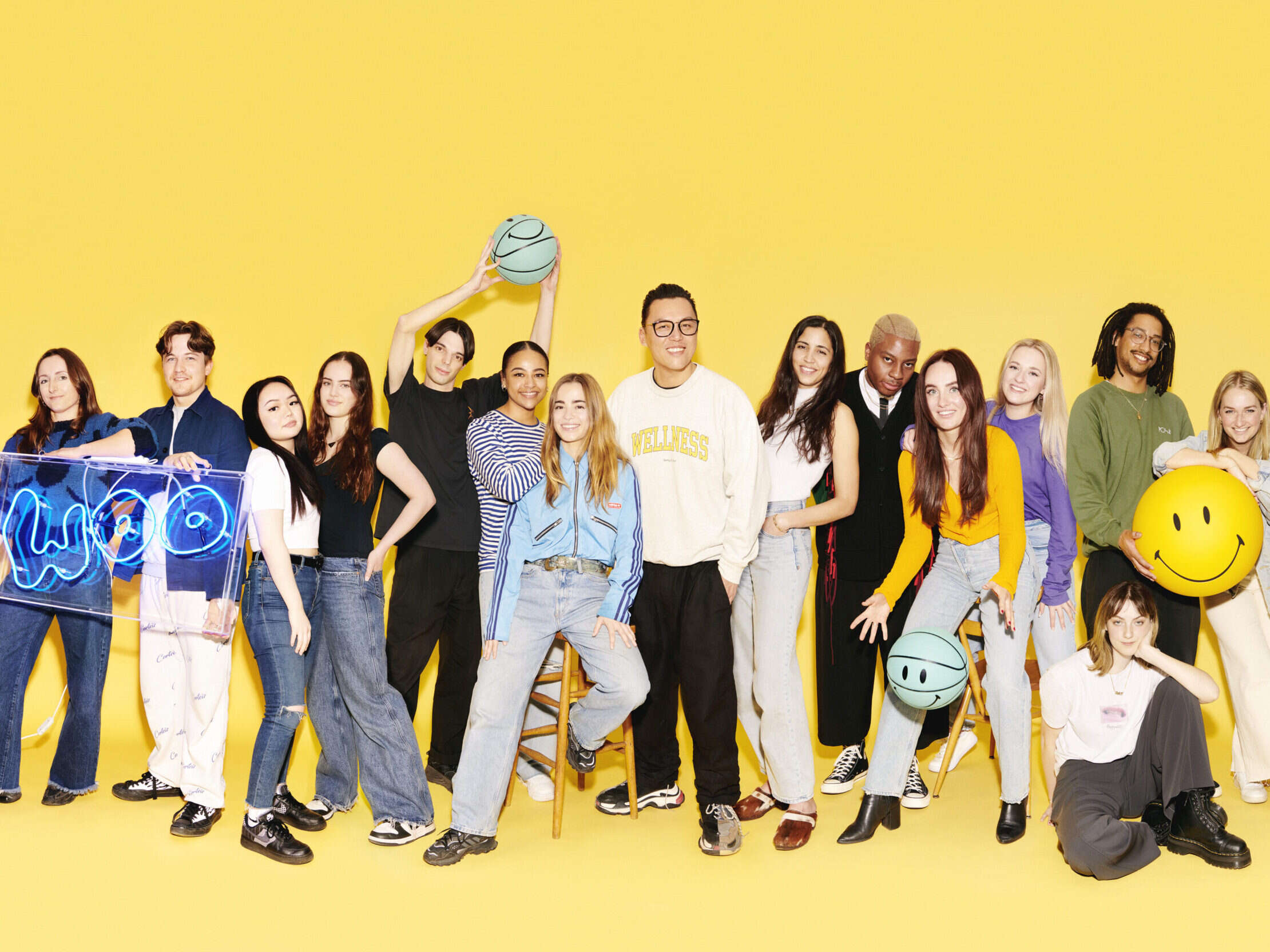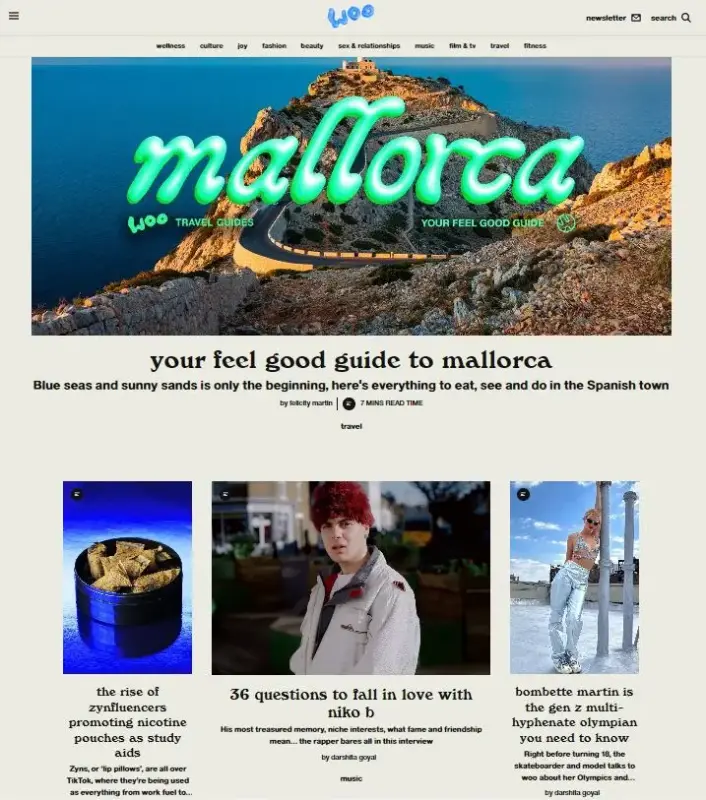
Woo, an ITV-backed media brand aimed at becoming the “defining Gen Z media business”, has closed two years after launch.
The chief executive of Woo, which launched in April 2022, has suggested that his vision for creating a new type of financially sustainable media brand “never really stood a chance”.
Woo was billed as “an antidote to the toxic news cycle” offering “shows, editorial and products designed to make you feel good”. Its content categories were: wellness, culture, joy, fashion, beauty, sex and relationships, music, film and TV, travel, and fitness.
Its content appeared on its website at planetwoo.itv.com, on social media and on ITV Hub, the broadcaster’s on-demand platform which has rebranded to ITVX since Woo’s launch.
Its primary revenue sources were through its video content and its e-commerce marketplace, which sold products including clothing.
Woo was funded and owned by ITV through its Studio 55 investment arm as the broadcaster sought to support business ideas that it believed could help improve its reach with 16 to 35-year-olds.
An ITV spokesperson told Press Gazette: “In a challenging market for publishers to grow audiences we made the difficult decision to close Woo.
“Through the business we learned a lot about content that engages with younger audiences and their viewing habits and a deeper understanding of social that will continue to shape marketing and digital strategies. Woo content continues to live on ITVX and Youtube.”
Press Gazette understands Woo had 11 staff at the time of its closure at the end of June, but many others had left during a voluntary redundancy round at the end of May.
Woo CEO: ‘We’ve achieved milestones I once thought impossible’
At the time of the launch, CEO Stephen Mai told Press Gazette the media industry did not fully appreciate “the power of memes and the power of how actually these meme accounts have some of the biggest audiences in the media”.
Mai’s aim was to reach 45 million people in Woo’s first month, including through its content being hosted on the on-demand platform ITV Hub (now ITVX), and to hit 12 million website visits within a year and gain a social media following in the hundreds of millions.
After Woo’s closure, Mai wrote on Linkedin that it had peaked at one million website users per month and five million monthly video views, but said it did “reach hundreds of millions on social”.
Mai, formerly chief marketing officer at Ladbible Group, also wrote: “Building Woo has been one of the highlights of my career. We’ve achieved milestones I once thought impossible, launching an award-winning media brand and e-commerce platform against the backdrop of tough economic conditions and a shifting marketplace.
“We saw major e-commerce platforms shutter, the advertising and retail market face challenges not seen since the financial crises, perhaps my ambition to evolve the commercial model for a financially sustainable media brand never really stood a chance.
“Building a fast moving ambitious start up within a legacy media business was a nice challenge. Doing it post pandemic with the hiring crisis, covid interruptions and a shift in work place culture defiantly [sic] taught me some lessons. Making it happen on a a time frame of 6 months (media brand) and a year (marketplace) is wild on reflection.”
He added: “Media still needs to figure out how to work in landscape of creators and dwindling advertising revenues. I look forward to see how this space evolves.”

A “masthead” page on the Woo website lists 33 employees, including a leadership team of five, at the time of the closure. The roles included one editorial assistant, four social staff, four in video, one in design and four in marketing as well as others in e-commerce and operations.
Earlier this year Woo won Best Use of Video at the Digiday Awards Europe, with praise for its use of storytelling “to create a movement built around feeling good”.
Digiday said: “Woo worked with unexpected cultural icons such as Halle Baile, Kathryn Newton and Avatar’s Jamie Flatters to build a new ‘wooness’ subculture that incorporates emotional and physical impact. The campaign generated 863 million impressions against a target of 250 million. It launched multiple award-winning original shows that subverted preconceived notions of wellbeing, including ‘No Wrong Answers,’ an internet talk show starring TikTok’s most fashionable influencers.” It was also a finalist in the Best Use of Social category.
Email pged@pressgazette.co.uk to point out mistakes, provide story tips or send in a letter for publication on our "Letters Page" blog
